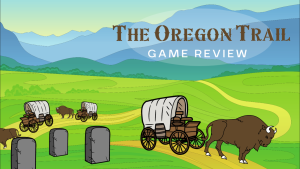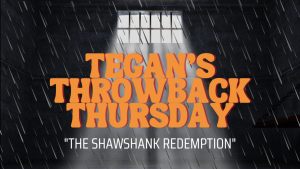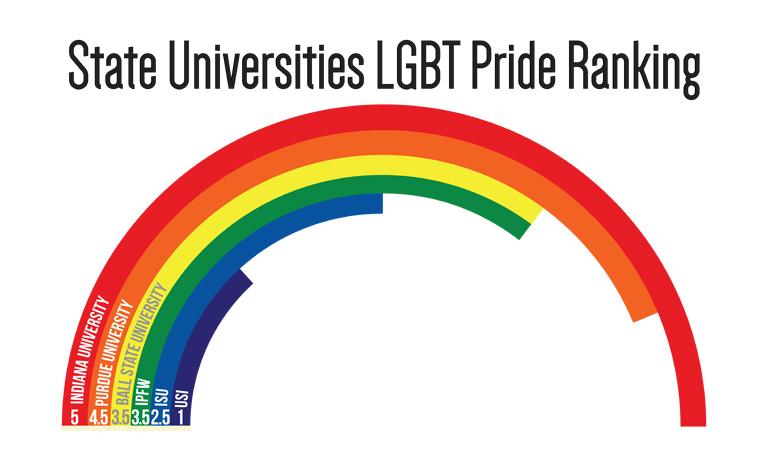Alex Kessler sat in his residence hall bathroom for 45 minutes contemplating whether or not he would go through with a procedure which would require him to self-inject body altering hormones that would gradually transition him from female to male.
With doubt on his mind, it wasn’t a fear of needles that gave Kessler hesitation, it was the idea that once he injected himself, there was no going back. The question, “Do I really want to do this?” plagued his mind until he reached the decision to proceed with the intramuscular injection and “stick” himself with a needle that would change his life.
After 45 minutes, Kessler made a decision and began his journey of becoming the person he always thought he was.
Kessler’s first intramuscular hormone injection was two years ago, and it’s now something he does regularly once a week.
“When it came to going through with the injection, it was something where you hold yourself back,” said Kessler, fall 2013 graduate. “I had built a great support team that I knew would support me no matter what, but you just have to finally come to terms with the decision. You have to come to terms with it yourself. I had to accept myself before anyone else could accept me.”
Kessler is a member of USI’s LGBT community and has had a positive experience throughout the duration of his time at USI. He attributes his positive experience to the people he has met at the university and organizations, which have empowered him.
Campus Pride Index
Smaller public Indiana universities that are around USI’s size, such as Indiana State University and Indiana University Purdue University Fort Wayne, rank lower on the Campus Pride Index’s scale.
After analyzing a campus through eight LGBT-friendly factors, the Campus Pride Index gives universities star ratings based on its findings. Factors that are taken into consideration include academic life, campus safety and policies and practices.
To acquire the data, each of the eight factors makes up 50 questions, which are used to determine what services or support outlets universities provide for the LGBT issues. Some of the information gathered on USI was outdated.
Of the 10 Indiana universities ranked, Indiana University ranks the highest with five stars.
“I think that USI has definitely started taking baby steps with LGBT issues,” Kessler said. “I think there is so much more that they can do. No campus is perfect, but we do have things like Safe Zone and the student organization S.A.F.E. for the LGBT community, but there’s so much more to be done like policies that need to be looked at and need to be rewritten or added.”
Some students question whether or not USI has “LGBT inclusive counseling/support groups” and “trains campus polices on sexual orientation issues.” But they are provided on campus. USI security officers go through Safe Zone training, and the counseling center provides LGBT counseling.
Safe Zone is an initiative founded by Assistant Professor of Psychology Amie McKibban that hosts three-hour training, provides basic terminology of sexual identity and sexual orientation, as well as a number of activities and group discussions for the Tri-State community.
The index’s website highlights that the work it does has its limitations, stating that it “is not a replacement or substitute for campus pride research which examines more holistically campus attitudes/perceptions of LGBT and Ally campus life.”
House Joint Resolution-3
USI’s Faculty Senate passed a statement that opposed HJR-6 (now HJR-3) Dec. 13. The Senate joined IU, Butler University, the University of Evansville and other Indiana universities in opposing the proposed amendment to the Indiana Constitution.
Evansville Mayor Lloyd Winnecke and the Evansville City Council also oppose the resolution.
If passed, HJR-3 would permanently define marriage as between a man and a woman in the Indiana Constitution – same-sex laws that were put into place prior to the proposed amendment would be rendered ineffective.
HJR-3 is currently being discussed in the Indiana General Assembly.
Garret Merriam, assistant professor of philosophy, brought HJR-6 to the attention of the Senate during its Nov. 8, meeting.
Merriam was one of eight senators who voted to pass a statement that opposed the resolution.
He made a statement in an effort to persuade senators to vote for the opposition of the bill.
“The job of the faculty, of course, is to educate students,” Merriam said. “How can we possibly do that if we do not stand with them and do what we can to protect them from discrimination?”
Senators that were against approving a statement that opposed HJR-6 argued that it was not the Faculty Senate’s duty to make such a statement.
USI and LGBT issues
The USI community has made strides in providing services and support systems for the LGBT community through efforts of students and faculty. But SGA’s Executive Vice President Brian Anslinger doesn’t think the university has moved as fast as they could have.
“I know when you’ve got a university our size – a medium size university – and you’re trying to balance the wants and needs of all the different diverse groups, sometimes that can get hard. I think the university is trying to do something that won’t be negative toward any one group and sometimes don’t take action and it has the reverse effect.”
Students Advocating for Equality (S.A.F.E), formally known as Spectrum, is a student organization at USI created in 2000 as an effort to educate the USI community on LGBT issues and myths, as well as promote tolerance for members of the LGBT community and other minorities.
“I would say that the administration at USI does a really good job of addressing issues that students are bringing up,” said Rei Poynter, S.A.F.E. president. “In comparison to other universities of the same size or smaller private colleges, I think we’re doing a really good job of addressing LGBT issues.”
As of Jan. 1, 2010, USI began providing employees same-sex benefits, which include: medical benefits, paid sick leave and access to USI’s Children’s Learning Center.
Poynter is part of the Student Government Association’s Social and Cultural Issues Committee, which looks at issues the student body are faced with from a diversity standpoint.
“There’s always room for more education about different topics within the LGBT minorities,” Poynter said. “Then of course the issues of who funds the university and the people who are involved with the final decision making process who might not agree with what we would like to see in the university.”
The Counseling Center, along with Safe Zone, have hosted seminars to educate members of the community.
Safe Zone, while founded and maintained by USI professors, is an initiative that acts separately from USI. McKibban was told in an email from USI’s Vice President of Business Affairs Mark Rozewski to add a statement to Safe Zone’s website.
The statement reads: “This is not an official website of the University of Southern Indiana, and the views expressed herein are not the official views of, nor are they endorsed by, the University of Southern Indiana.”
Rozewski was unable to be reached for a comment in regards to the statement.
“I felt fear, and I was hurt after receiving that email,” McKibban said. “The fear was because Safe Zone covers sensitive issues – hurt because this program has meant the world to me. It is not only professional, but personal, and we have made an impact and a difference.”
Alex Kessler is someone McKibban has affected directly through her work with Safe Zone and the LGBT community, which inspired him to go through Safe Zone training and work to empower others in the community like she did for him.
McKibban was the first person Kessler came out to about becoming transgender.
Safe Zone and McKibban have won several awards for the progress the initiative has made. Most recently, McKibban and Safe Zone Co-Founder, Stephanie Young, received the Willie Effie Thomas Organizational Diversity Award from Mayor Winnecke in September.
Though Safe Zone has provided training to the Tri-State community and has won awards, McKibban said more work needs to be done. She cites being endorsed by the university as a way to help further the progress made by the initiative, as well as university courses incorporating LGBT elements of learning.
“I think all the (LGBT issues) are challenging – these are not black and white decisions that are made – they are very complex because they involve people’s lives,” Rochon said. “The more opportunities to sit down and speak with people about how they feel and what they’ve been through, the more things you can do to proactively support people, but it takes time and that’s evident. Most effectively, those things happen because people are engaged in conversations and are learning more about the human condition of other communities through that engagement.”







